In Bolivia, there is a group of mothers and guardians of the water: the Umamamas. Not only are they in charge of obtaining water resources for their families, they have also trained as plumbers to ensure its distribution and generate support networks.
Spanish version is available here
By Nabilia López Rivero
Apthapi is a word that comes from the Aymara “apthapiña”, it means “to gather the harvest.” It is a gathering around flavors and honest conversations. The menu: A diverse variety of potatoes, beans, corn grains, fresh artisan cheeses and an inevitable “llajua”, a sauce produced with chili peppers, tomatoes and herbs ground in a stone mortar.
Around this apthapi, in La Paz, Bolivia we heard the Umamamas’ stories, which in Aymara, their native language, means “Mothers of the Water.” This group of women calls themselves this way to reflect the fundamental role they play in the management of water resources throughout the basins.
Caring through Plumbing
Suriquiña and Palcoco are two communities located in La Paz, Bolivia, more than 3,600 meters above sea level. It is near the mountains, where the basins originate and provide water to thousands of people in the cities of La Paz and El Alto, as well as rural populations, and even provide water to irrigate various crops.
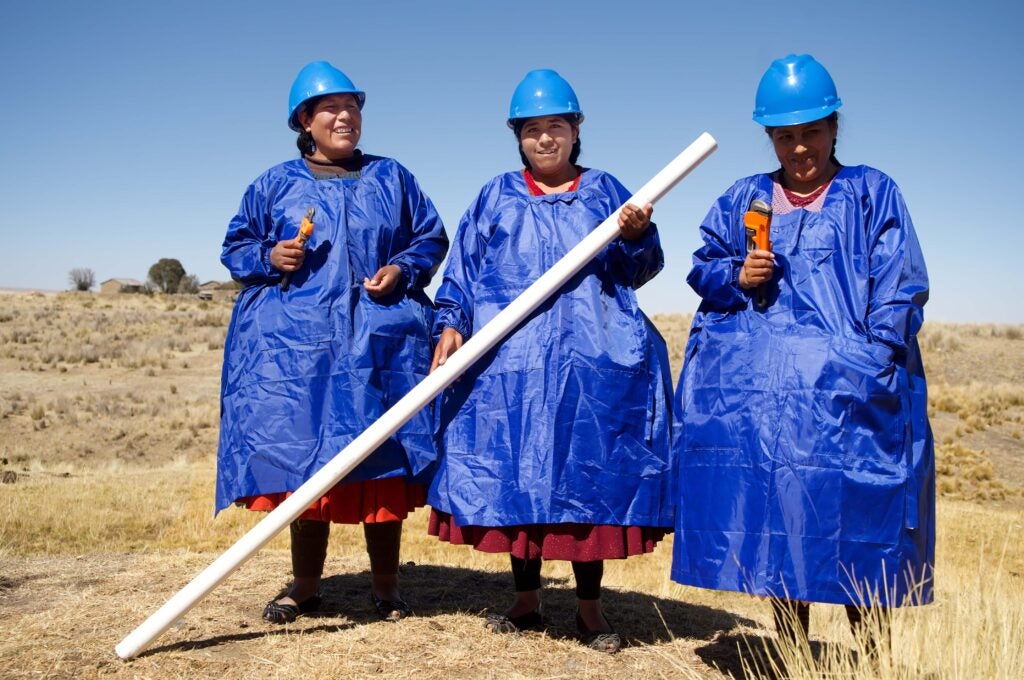
In these communities there is a large group of women who, within the Multipurpose Drinking Water and Irrigation Program for the Municipalities of Batallas, Pucarani and El Alto, which is financed by the Inter-American Development Bank (IDB), the Strategic Weather Fund (FEC in Spanish) and the Nordic Development Fund (NDF), has been training for several months in plumbing. Several of these women have small children, they are dedicated to commerce and their crops, however, overcoming any setbacks, they go every Saturday to meet their companions, the Umamamas.
Many chose to be part of this training plan, initially, to be able to solve basic plumbing issues in their homes, without the need to wait for their husbands, brothers or a community plumber to provide assistance, but along the way they have understood that this knowledge is equally, or perhaps more useful to be applied in their irrigation systems for their plots. They have discovered that water can be used much more and more efficiently, and thus take care of this vital element that, due to climate change, is increasingly scarce around the world.
Due to the particular situation of Bolivia, there are initiatives of this type throughout the country, supported and financed by the Spanish Agency for International Development Cooperation (AECID), which has been implementing this type of training since 2011. Through the program “Training for Women in Plumbing” has benefited more than 56,000 people belonging to 14 rural communities in five departments of Bolivia: La Paz, Santa Cruz, Oruro, Beni and Cochabamba. And today, the Umamamas are also part of this network of women in charge of taking care of their country’s water resources.
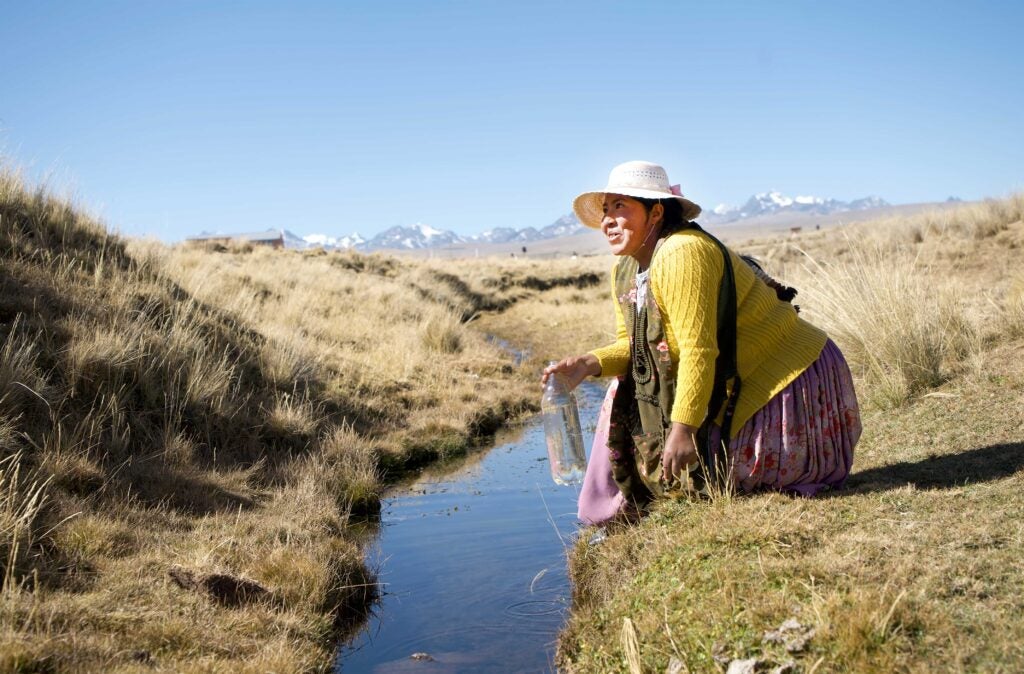
Mothers and Guardians of the Water
The older women in the group remember that before the seasons of the year were marked. There were periods of frost, periods of rain and this, added to their knowledge, allowed them to have very good harvests. However, climate change has made it increasingly difficult to predict times of drought or other phenomena. For this reason, they have become aware of the need to implement irrigation systems that allow more efficient use of water.
But the knowledge has not only benefited the trained, but these women have become true mothers and guardians of water. Without any misgivings, they share their knowledge and convince more women every day to join this group:
- Virgilia, the trainer, is a woman from the community who has dedicated her entire life to construction in El Alto. Her husband is a master bricklayer, which has allowed her to self-taught herself as a plumber and electrician.
- Mary, one of the youngest women, has been left in charge of her two children, while her husband emigrated to Chile to be able to work in the tomato crop. She leaves very early on Saturdays so she can go sell products at a fair and then quickly returns on her motorcycle so she can participate in the training.
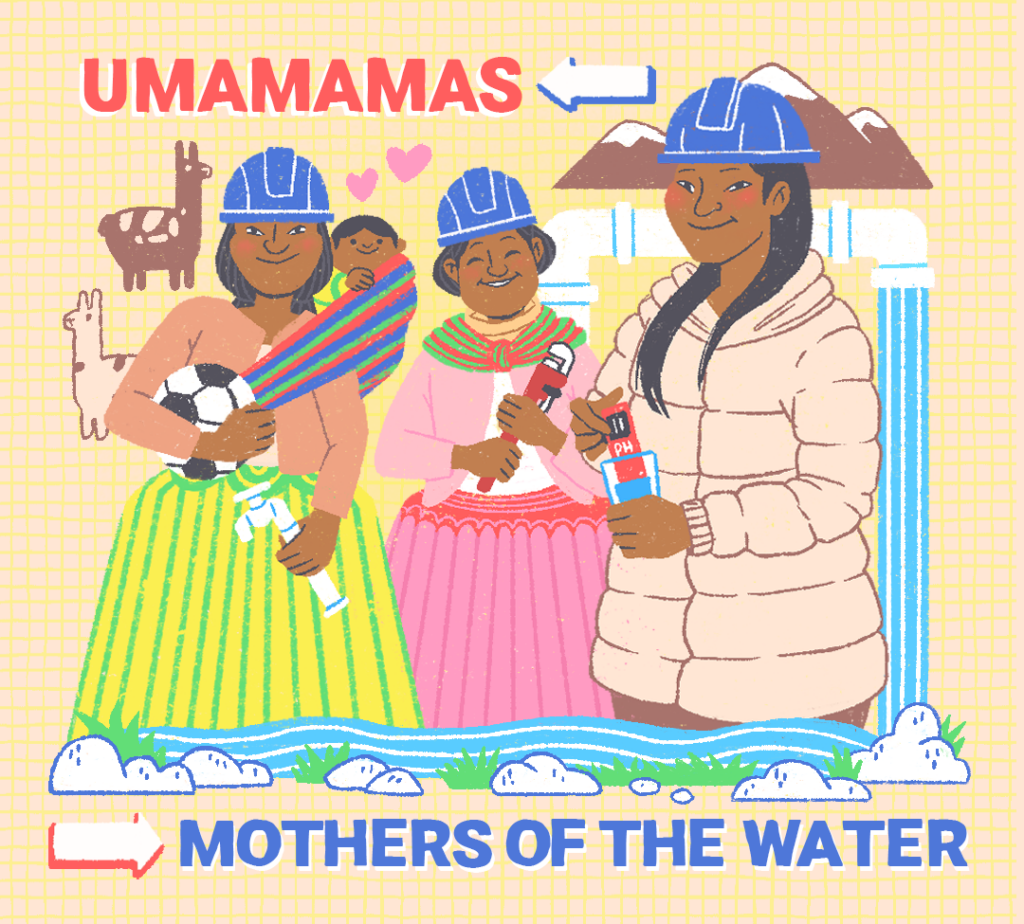
The Umamamas say that, in addition to learning, they like to play soccer. There in the middle of the community, without the need for signage, they have established a place for meeting, learning and recreation. This group of women of different ages and different walks of life found in the water a common ground and an opportunity to make synergies, empower themselves and become leaders.
These stories of impact, there in the middle of the plateau, near the snow-capped mountain from which the waters flow and around an apthapi, are the inspiration to continue working for the development of Bolivia and the region. And where a camera and a reporter allow us to record beyond our memory, to gather like the harvest, the stories of people who are improving their lives and those of their communities.
The IDB together with the AECID have the common objective of providing quality water and sanitation services in rural areas of the region. Learn more about the projects carried out so far with the Cooperation Fund for Water and Sanitation (FCAS) in this publication.
This is the last chapter of the first season of “Women Upstream”. Follow each story in our blog to learn more about the life of women that have worked in benefit of their community tenaciously, with perseverance, and acquiring leadership in spaces that used to be only for men.
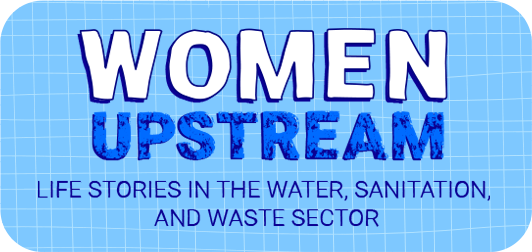
“Women Upstream”. Follow each story to learn more about the lives of women who have worked for their community with tenacity, perseverance and gaining leadership in spaces that used to be only for men.
To learn more about “Women Upstream” subscribe to our blog here.
*Nabilia López Rivero is a Communications and External Relations Consultant at the IDB office in Bolivia. Before joining the IDB in 2021, she was Strategic Communicator for the United Nations Development Programme in Bolivia and communicator for the UNDP Human Development Report. Previously, she led advertising projects for major commercial brands and has taught at the Universidad Católica Boliviana San Pablo.
Nabilia holds a Master’s degree in Strategic Communication, specializations in Creative Communication Planning and Multimedia Investigative Journalism, and a Bachelor’s degree in Social Communication Sciences
Upstream Women’s Team:
Coordination: Anamaría Núñez, María Augusta Olmedo and Leticia Ortega
IDB Gender Specialists: Naiara Martínez
Content: Andrea Ortega Carreño and Paul Constance
Illustration: Verónica Alvarado and Carolina Curbelo
Audiovisual Production: Adriana Loeff

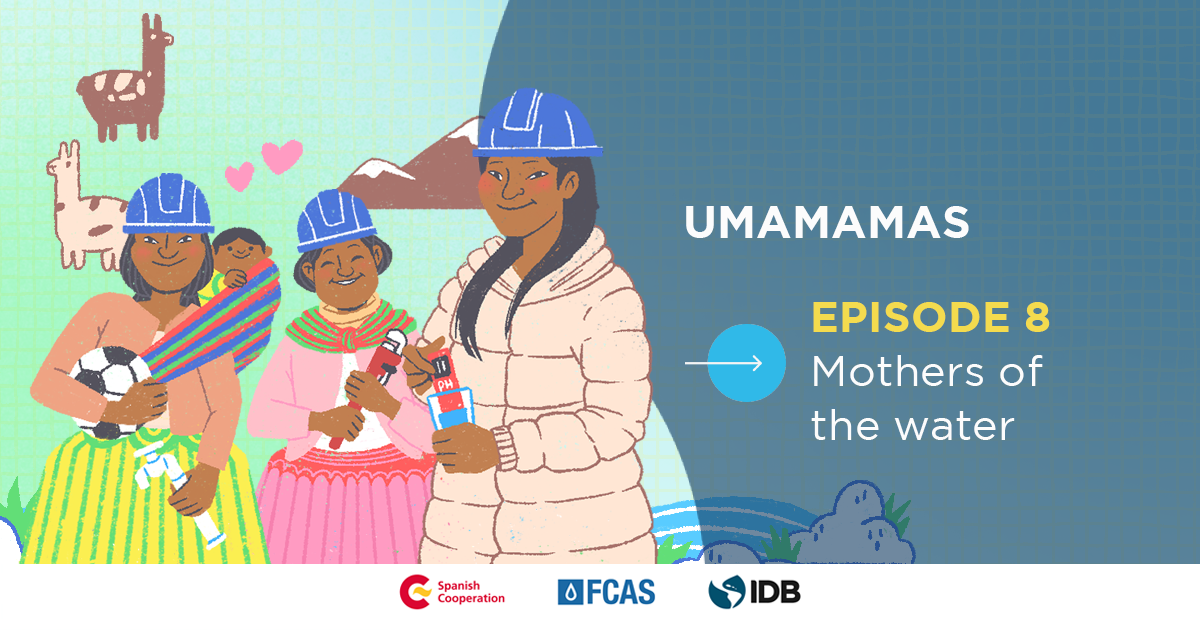
Leave a Reply